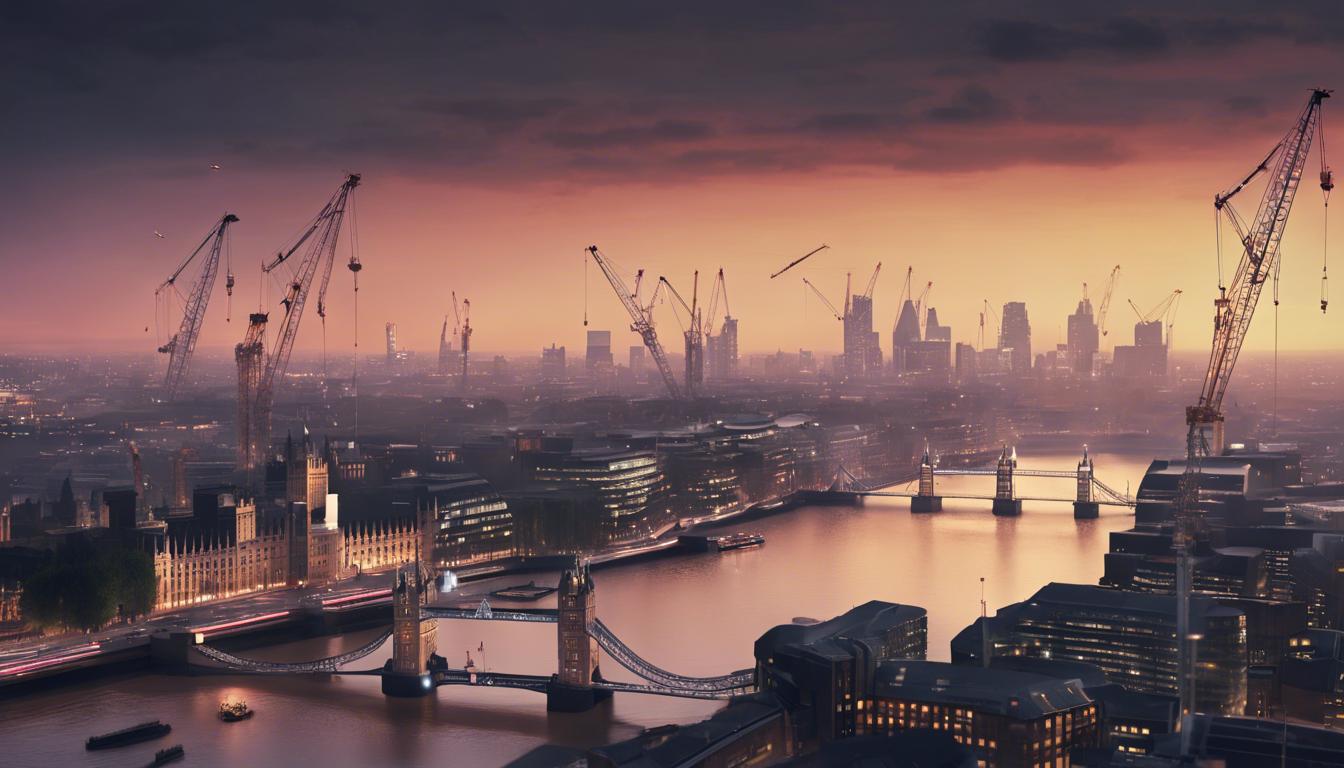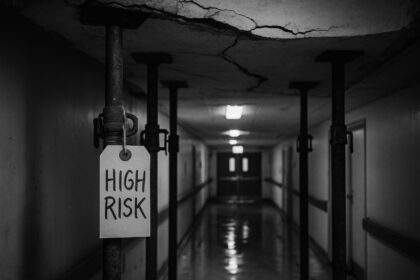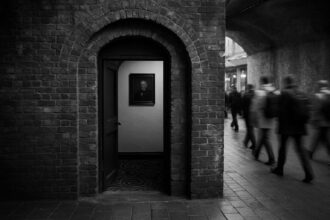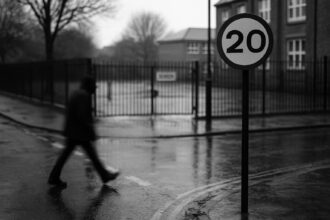In a bold move to address the acute housing crisis in London, Mayor Sadiq Khan vows to double his previous target by committing to the construction of 40,000 new homes if re-elected, amidst the backdrop of a housing shortage and a significant rise in homelessness.
Sadiq Khan, the Mayor of London, has committed to an ambitious target of constructing 40,000 new homes to combat the city’s acute housing crisis, should he be re-elected for a third term. This goal, set to double his previous target achieved with 23,000 new homes underway last year, comes amidst growing concern over London’s social housing shortage and a significant increase in rough sleeping, up by 50% over the past decade. Khan’s campaign, bolstered by support from Labour leader Keir Starmer, emphasizes the urgent need for action and presents a unified Labour approach to resolving key issues such as the housing crisis and the cost of living.
The announcement was made as part of his re-election campaign, ahead of the mayoral election scheduled for May 2nd. Khan’s campaign has also focused on issues like air pollution and the provision of free school meals, portraying a comprehensive approach to improving life in London. Despite facing criticism from some quarters, including Housing Secretary Michael Gove for the perceived slow progress in house building, Khan is presenting his record as evidence of his capability to bring about significant improvements in the city.
Concurrently, Khan’s tenure has drawn criticism for an increase in the number of City Hall staff earning over £100,000, nearly doubling during his leadership according to the TaxPayers Alliance. Critics, including Conservative mayoral candidate Susan Hall, have expressed concerns over rising costs to taxpayers, particularly highlighting a 57% increase in the mayoral precept over recent years. Defenders of the mayor’s office argue that competitive salaries are essential for attracting the talent necessary to deliver critical services to Londoners. This issue has become a focal point in debates about fiscal responsibility and governance efficiency under Khan’s administration.
As the mayoral campaign gains momentum, the contrasting perspectives on Khan’s leadership highlight the complexities of governing a city like London, with its diverse challenges ranging from housing shortages to fiscal management. With the election drawing near, Londoners are faced with a choice that will shape the city’s approach to these issues for years to come.













